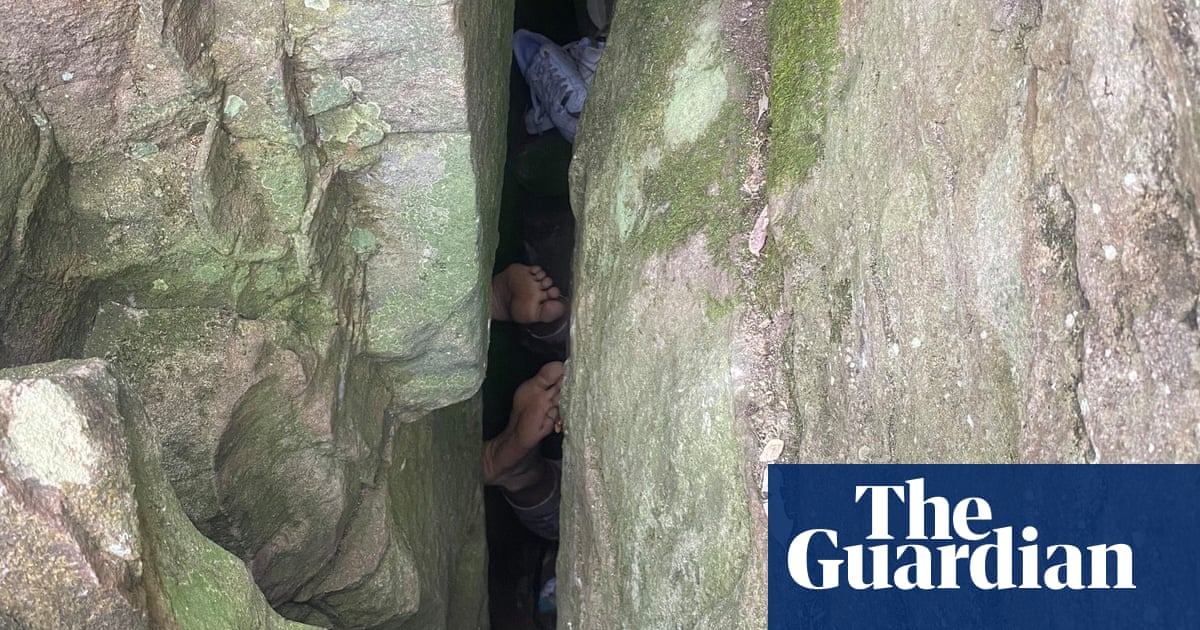Canada will ban open-net pen salmon farming in British Columbia coastal waters in five years, the government has announced, a decision that has been welcomed by environmental groups but opposed by the aquaculture industry.
The Liberal government made the decision in 2019 to transition to closed containment technologies to protect declining wild Pacific salmon populations.
“Today, we are delivering on that promise and taking an important step in Canada’s path towards salmon and environmental conservation, sustainable aquaculture production, and clean technology,” said Jonathan Wilkinson, natural resources minister.
There are dozens of the farms in British Columbia. More than half of wild salmon stock populations are declining in the province’s waters, according to the Pacific Salmon Foundation.
The BC Salmon Farmers Association said the ban could cost up to 6,000 jobs and would harm an industry that generates C$1.2bn (US$880m) for the provincial economy.
“The idea that 70,000 tonnes of BC salmon can be produced on land in five years is unrealistic and ignores the current capabilities of modern salmon farming technology, as it has not been done successfully to scale anywhere in the world,” said the organisation’s executive director, Brian Kingzet.
The government said it would release a plan by the end of the month outlining how it would support First Nations, industry workers and communities that rely on open-net aquaculture for their livelihoods. Wilkinson said: “We recognise the importance of meaningful and thoughtful engagement with First Nations partners and communities as we move forward, in order to ensure that economic impacts are mitigated.”
Salmon spawn in freshwater but spend much of their adult life in the ocean, making closed containment operations challenging and more expensive than farming them in open-net pens that float in the sea. Environmental campaigners say these salmon farms harm wild salmon populations by spreading disease.
“There’s a large body of science that shows that they amplify parasites, viruses and bacteria right on the wild salmon migration routes and spread them to wild fish,” said Stan Proboszcz, an analyst with conservation group Watershed Watch Salmon Society. “Many of our stocks are in decline. So let’s take [open-net farms] out and give wild salmon a bit of a relief.”
The announcement needed to be enshrined in law “in case we see a change in government next year”, Proboszcz said.
Opinion polls have shown a majority of residents in British Columbia support ending open-net salmon farming, while more than 120 First Nations in the province have shown support for land-based closed containment fish farms.
The First Nation Wild Salmon Alliance welcomed the announcement. “This date will serve the longer-term needs of protecting wild Pacific salmon from the impacts of the open-net pen fish farm industry, and is a positive step in that regard,’ said Bob Chamberlin, its chairman.



